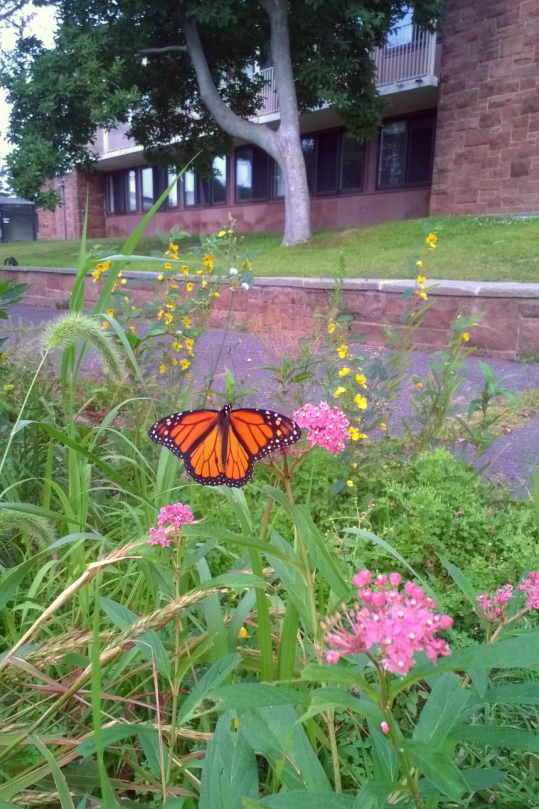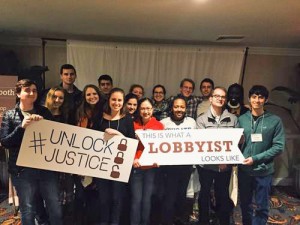Wesleyan Green Fund Financially Supports Campus Sustainability Projects


“There is no single ‘right way’ to be an environmentalist.”
This is the philosophy of the Wesleyan Green Fund, which since 2010 has provided financial support to a wide range of sustainability projects on campus. Overseen by six to eight students, and advised by Sustainability Director Jennifer Kleindienst, the Green Fund has received 50 proposals for grants from over 30 organizations and individuals this year alone, and distributed close to $100,000 in funding.
The money distributed by the Green Fund comes from a $15 per semester opt-out fee paid by students along with tuition. About 90 percent of students participate, and on average, the Green Fund gets about $85,000 per year. The Green Fund accepts proposals from students, faculty and staff.

According to Green Fund Chair Zacko Brint ’16, at its founding, the organization’s original goals were to “decrease the carbon footprint of the University, decrease waste, increase the University’s use of renewable energy sources, and increase the visibility of environmentally responsible practices on campus.” Its focus was mainly on funding larger projects, such as WILD Wes, several capital projects at Long Lane Farm, and the first three years of salary for the sustainability coordinator. (See more examples here.)
In recent years, while the funding of large projects has continued, the Green Fund “has made significant efforts to expand the communities that we serve, and broaden the definition of sustainability,” said Brint. The 50 applications received this year range from the Sailing Club to the Martin Luther King, Jr. Day symposium to a student-run papermaking club. Some proposals are to fund small sustainability-focused parts of a larger project, such as a student group wishing to print on sustainably sourced paper, which costs more than virgin paper.
“The Green Fund has supported so many projects that would not otherwise be possible on campus,” Kleindienst said. “It’s been exciting this year to see so many funded projects related to the intersection of environmental issues and social justice, including a zine on climate justice, a panel discussion on environmental justice, and a lobbying training workshop for students, which was brought back to campus to train other Wesleyan students.”
View all Green Fund projects online here.
Brint noted that because the Green Fund is not always able to fully fund all projects that apply for grants, one of their goals is to understand all funding sources on campus and build coalitions.

“We have established working relationships with many different offices and funding sources on campus, and if we have a project that we need help funding, we can call and help expedite the process,” he explained. “In a lot of ways, we act as a liaison for projects.
Members of the Green Fund also actively pursue projects of their own. Currently, this includes an initiative to start an Environmental Justice student forum next fall, as well as working with the administration to hire a faculty member to teach a similar course. Members of the Green Fund are also working on purchasing an electric vehicle that will serve in the Department of Transportation’s fleet.
In the future, Brint expects the Green Fund to continue expanding what it means to be sustainable and, in doing so, to reach new communities. He credits Kleindienst with helping the entire Wesleyan community shift towards thinking about sustainability. One such initiative involves getting more professors to incorporate sustainability modules into their syllabi. The Green Fund has provided financial backing to run a seminar for professors at Wesleyan and other Connecticut college on how they can incorporate sustainability into their courses.

